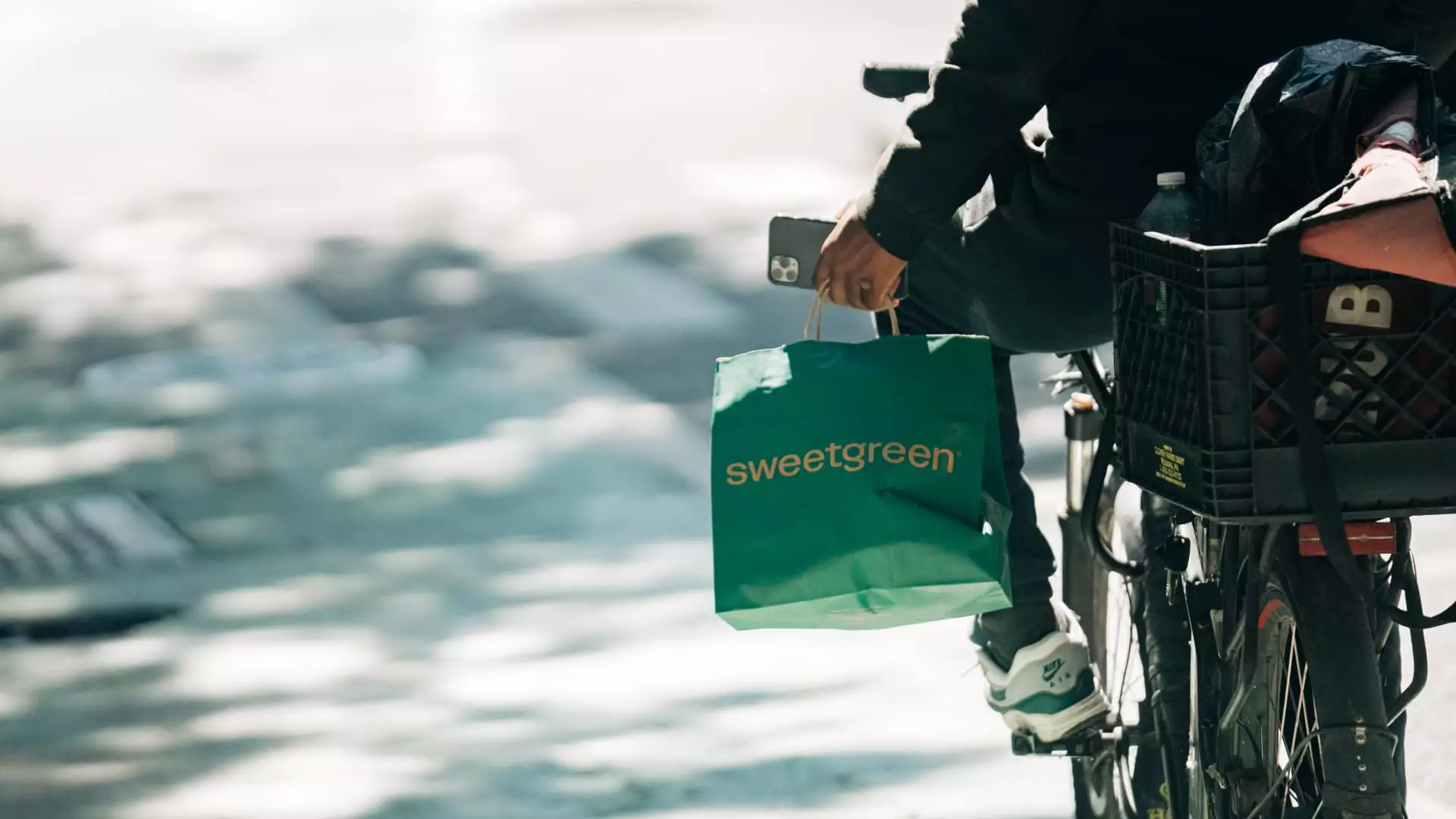In a time when many eateries are facing a slump in sales and declining traffic due to a broader consumer slowdown, some restaurant chains like Chipotle Mexican Grill, Wingstop, and Sweetgreen are thriving, thanks to high-income consumers. While giants like McDonald’s, Starbucks, and Yum Brands have reported a weak start to 2024, the fast-casual segment appears to be the exception to the trend.
High-income consumers seem to be shielding the fast-casual chains from the spending pullback experienced by low-income consumers. These consumers continue to spend, contributing to the growth of chains like Wingstop and Sweetgreen. Wingstop saw a significant 21% surge in same-store sales, with three-quarters of its customer base now comprising higher-income diners. Sweetgreen, with most of its locations in high-income neighborhoods, reported a 5% growth in same-store sales for the first quarter. This trend highlights the importance of catering to high-income consumers in the current market scenario.
One of the factors driving the success of chains like Chipotle is the perception of value among consumers. As the prices of popular fast-food items like Big Macs and Whoppers rise, consumers are turning to fast-casual chains like Chipotle for a better value proposition. Despite the slight price difference, consumers perceive fast-casual restaurants as offering superior quality, driving foot traffic and sales growth. Chipotle’s strong perception of value has led to a 7% increase in same-store sales, fueled by a 5.4% rise in foot traffic.
Many fast-casual chains, including Chipotle and Sweetgreen, have been focusing on improving their “throughput” to enhance efficiency in their operations. By increasing the speed of service and the number of transactions, these chains are meeting the demands of discerning consumers. This focus on efficiency has resulted in faster service and increased customer satisfaction, ultimately contributing to higher sales and revenue growth.
Investor Confidence and Market Performance
Investors have shown confidence in the fast-casual segment, with shares of companies like Chipotle, Shake Shack, and Wingstop experiencing significant growth in 2024. The stock of Sweetgreen doubled in value within a short period, outperforming the S&P 500 index. This bullish sentiment is a testament to the resilience and potential of fast-casual chains in the current economic climate.
Despite the overall positive trend, some chains like Portillo’s and Shake Shack have faced challenges due to external factors like bad weather affecting their sales. Portillo’s reported a decrease in same-store sales, attributing it to unfavorable weather conditions in the Midwest. Shake Shack, although showing growth in same-store sales, had to deal with negative traffic in the quarter. These challenges underscore the impact of external variables on the performance of restaurant chains, irrespective of their market positioning.
Analysts like TD Cowen are optimistic about the future performance of fast-casual chains like Cava, based on the industry’s current trends and competitors’ performances. As consumer preferences continue to evolve, adapting to changing market conditions and consumer behavior will be crucial for sustained growth and success in the competitive restaurant industry.


Leave a Reply